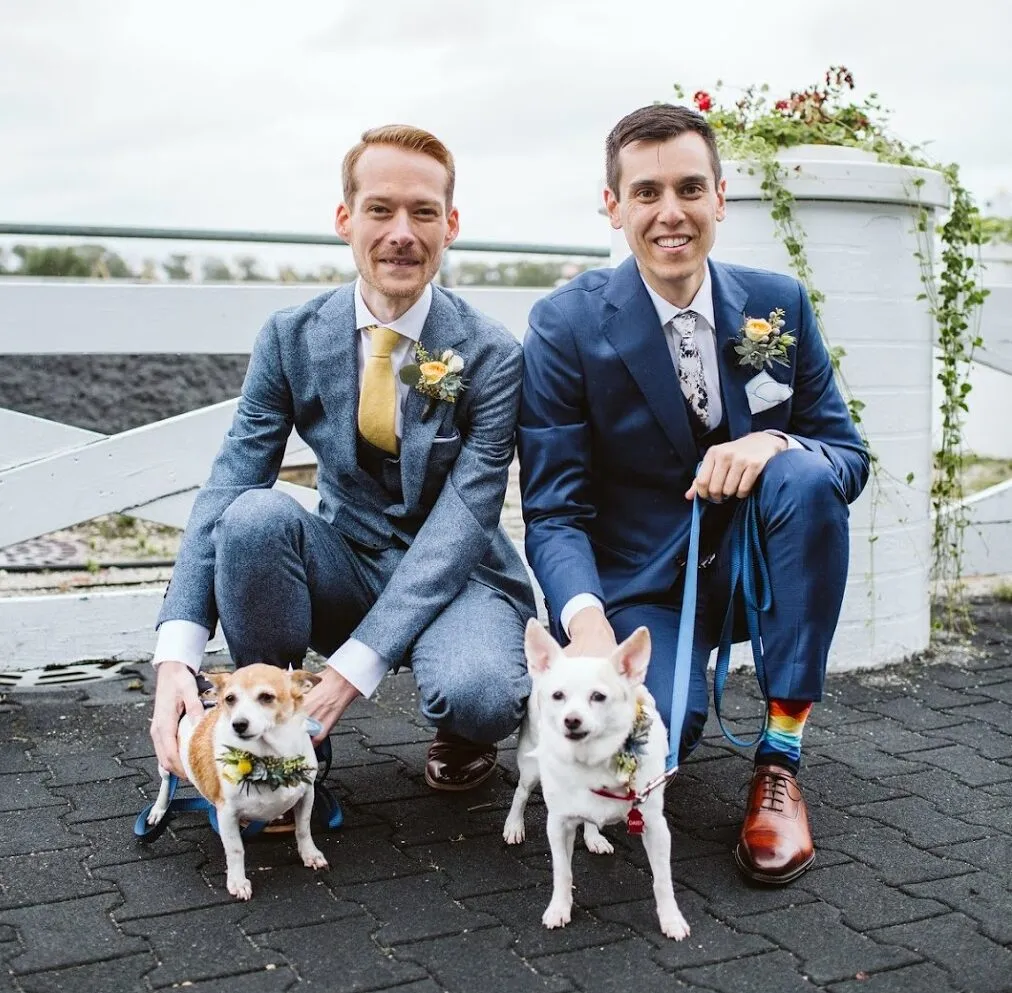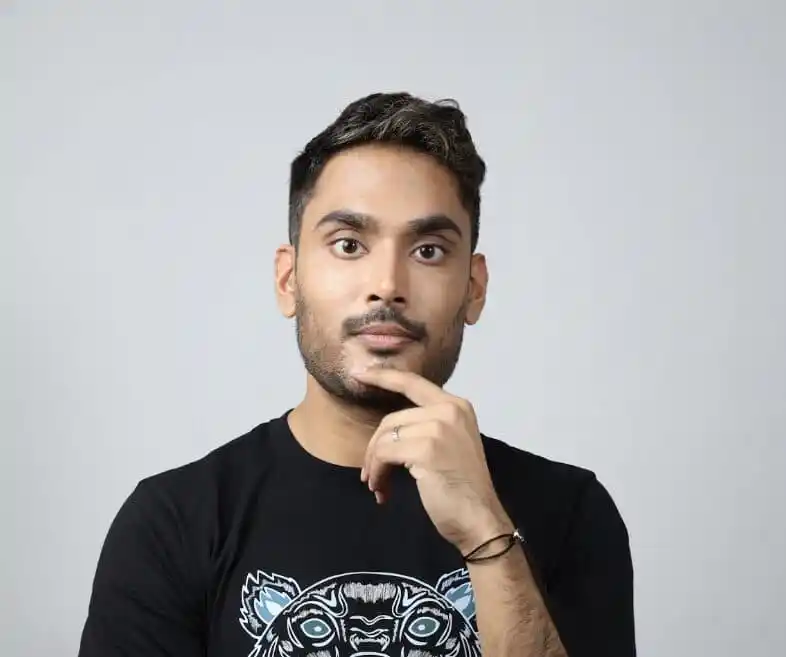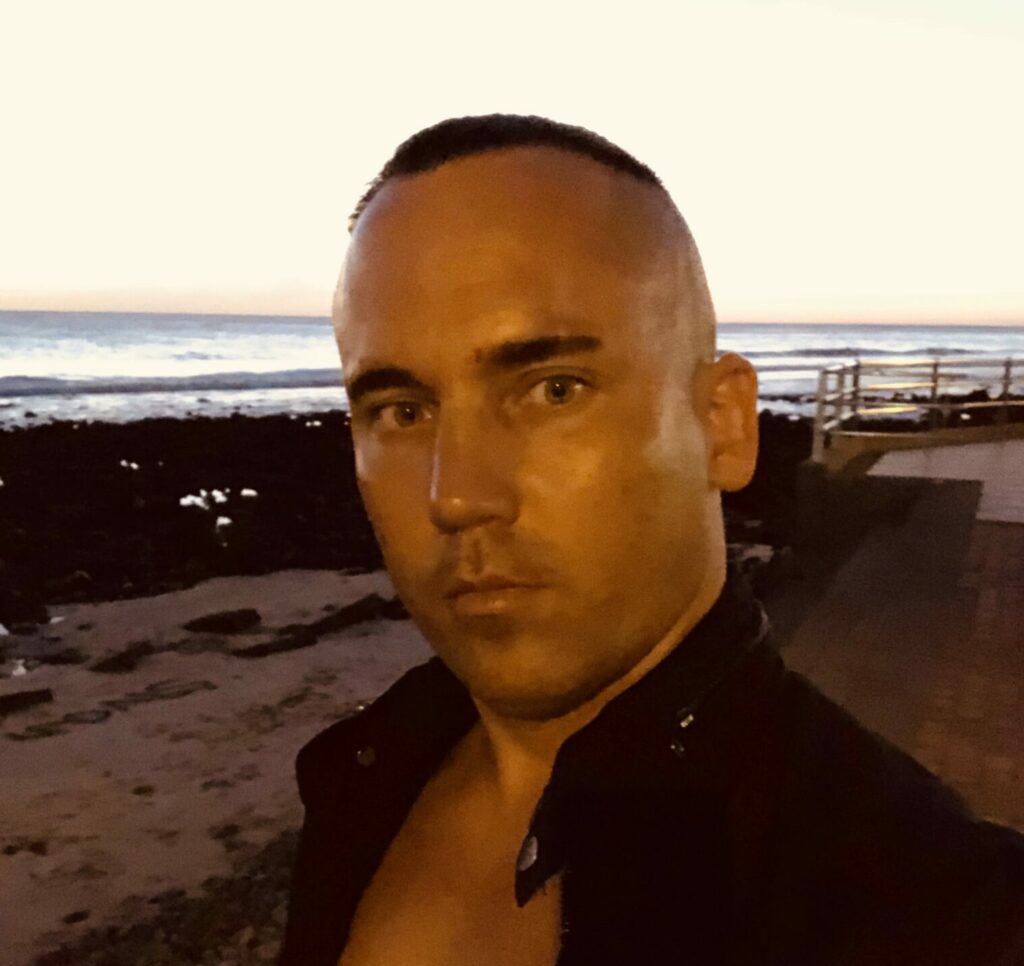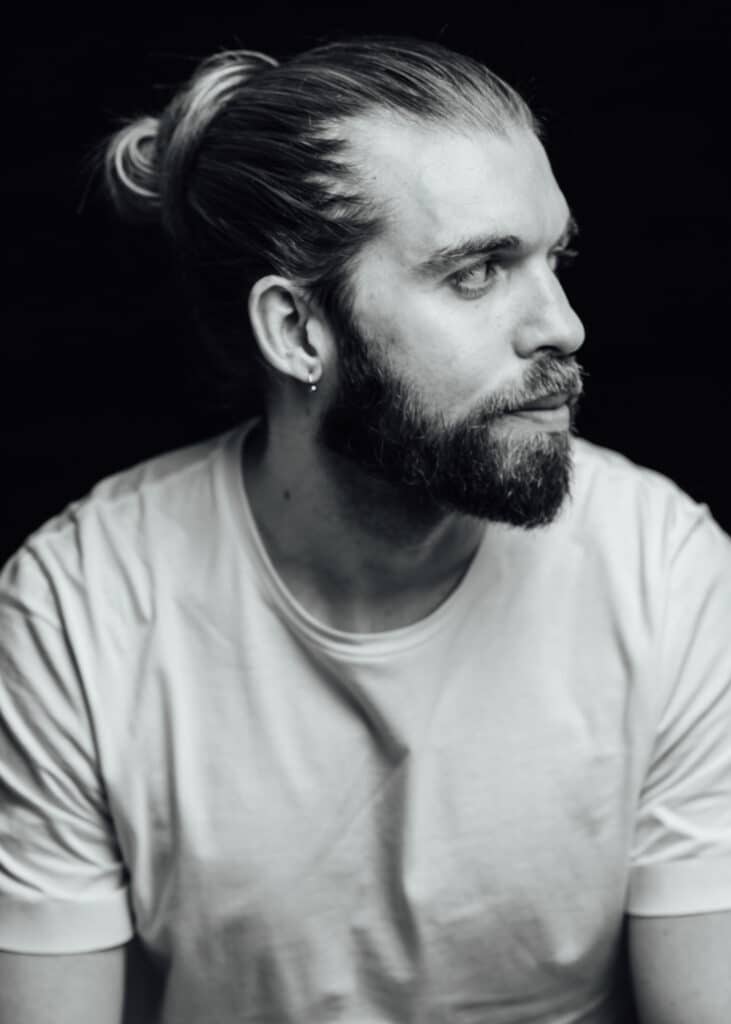What do the terms asexual and aromantic mean and what is the ‘asexual spectrum’?
With one in ten young LGBT+ people now identifying on the asexual spectrum, many are questioning what asexuality is and how they can be an ally to asexual people.
Put simply, asexuals experience a lack of sexual attraction towards others, but there are many forms of asexuality and it can mean different things to different people.
Sadly asexuals are often overlooked both in and outside the LGBT+ community, and according to a 2019 survey, most British adults can’t even define the term.
But the first thing you need to know is that asexuals are valid – and they’re far more common than you might expect.
What does asexual mean?
Asexuals or “ace” people experience little or no sexual attraction to others and often don’t want any sexual contact at all. It’s not the same as celibacy or abstinence and it’s not a dysfunction either: it’s simply a natural human variation.
Sexual attraction is not necessary for a person to be healthy, and just because asexuals don’t experience sexual desire doesn’t mean they can’t be in relationships or non-sexual partnerships.
The term “asexual” covers a range of subcategories to describe varying levels of sexual and romantic attraction, and many asexuals will have more than one label to describe themselves.
What does the asexual spectrum look like?
Asexuality is a broad spectrum on which many other identities fall. For example, demisexuals only feel physically attracted to someone if they have an emotional bond, while greysexuals are people who do feel sexual attraction but only very rarely, or with very low intensity.
Some asexuals do masturbate and have sex. Their level of attraction can range from sex-averse, meaning they find the thought of sex unappealing, to sex-indifferent, meaning they don’t feel strongly either way, or sex-favourable, meaning they enjoy some aspects of sex even if they don’t experience that sort of attraction.
Many asexuals feel romantic attraction, which is the desire for a romantic relationship with someone, or aesthetic attraction, which is the feeling of being attracted to someone based on how they look.
Some asexuals simply want to touch, hold or cuddle a partner, otherwise known as sensual or physical attraction, while others feel platonic or emotional attraction, which is the desire for an emotional connection or friendship.
What does aromantic mean?
Aromantic people don’t experience romantic attraction toward individuals of any gender and have little or no desire for romantic relationships with others.
Being aromantic is different from being asexual but the two terms can and often do overlap, with many asexuals describing themselves as aromantic as well.
But don’t make the mistake of assuming that aromantic people are unfeeling or uncaring, or that they can’t have relationships. Lots of aromantic people have thriving social lives, and some form special “queerplatonic relationships” for emotional support.
A queerplatonic relationship could involve living together, co-parenting, and sharing finances and responsibilities.
Myths and misconceptions about asexuality
No, they’re not missing out, they’re not broken, and they’re not “waiting for the one”.
In a world dominated by narratives of sex and romance, being asexual can be isolating – especially when you constantly find yourself having to educate others on your sexuality.
“When you’re asexual, people immediately think that you don’t love anyone because what’s the point in a relationship unless you have sex with another person?” asexual Eleanor Wilkinson told PinkNews.
“That really gets me because there are lots of different attractions: sensual attractions, aesthetic attraction, romantic attraction. They all play a part when it comes to your relationships.
“A lot of people would say: ‘Oh everyone feels like that before they’ve had sex,’ almost comparing it to being a virgin or celibacy,” she continued. “People think along those lines. Those are choices but it’s a misconception to think asexuality must be a choice.”
The best way to be an ace ally is to simply believe and accept asexuals when they tell you they’re asexual. Don’t ask intrusive questions about their sex life, and don’t forget to call out ace-erasure and acephobia where you see it.




